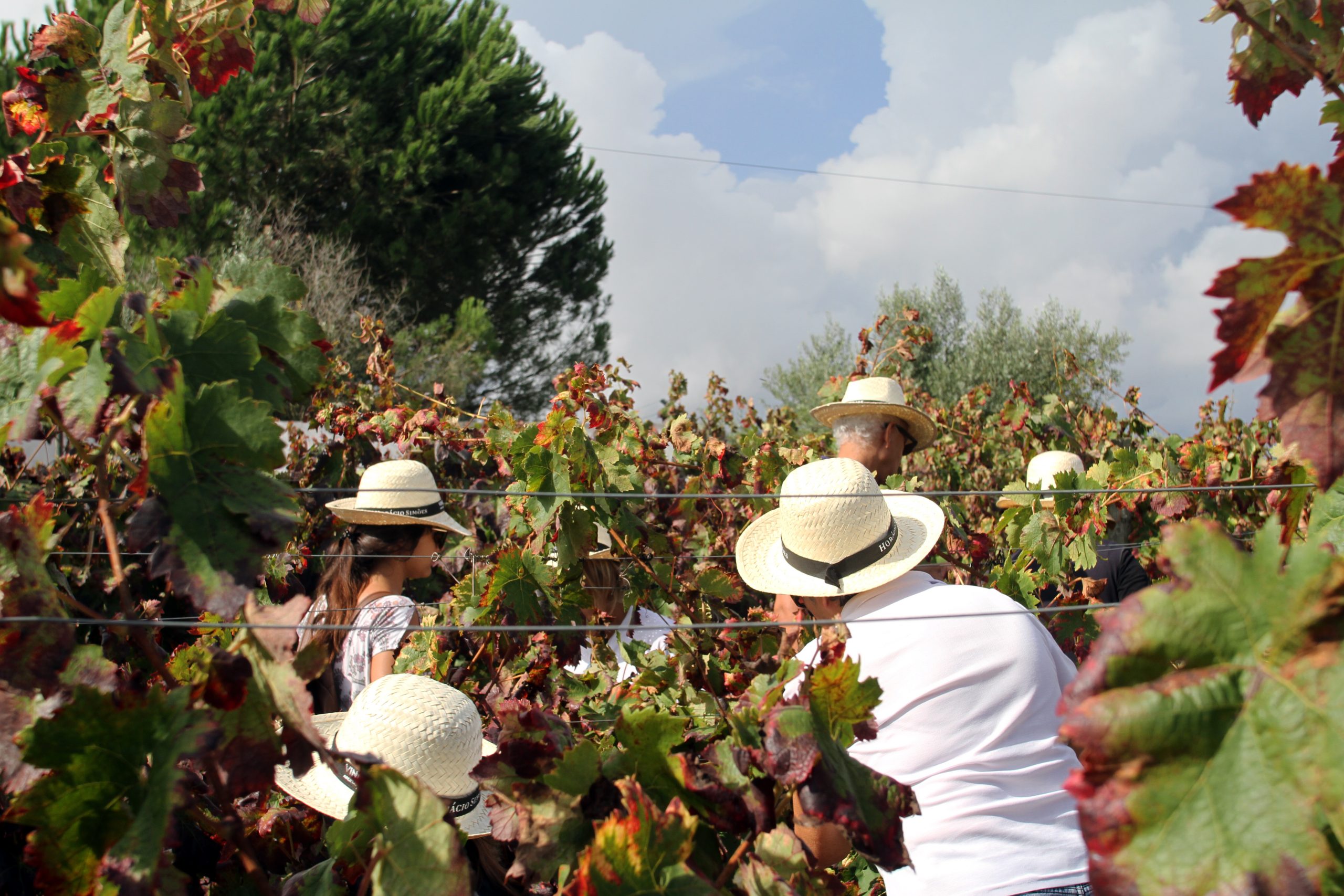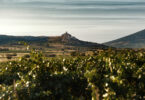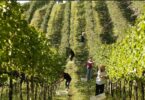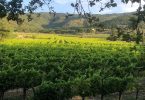The Wolf Post offers a professional service with free access, without subscription.
For this reason, a donation would also be a sign of appreciation for our work.
A land rich in history and culture, Portugal offers fascinating landscape and food and wine itineraries to discover for a high-level sensory experience.
The Sétubal Peninsula is a treasure chest famous not only for the presence of dolphins but also for a whole series of food and wine specialties ranging from wine to other excellences.
Setúbal Peninsula Wine Route is the recommended choice for those wishing to visit this area with the advantage of choosing a route full of proposals.
Let’s find out more from the words of Fátima Silva.
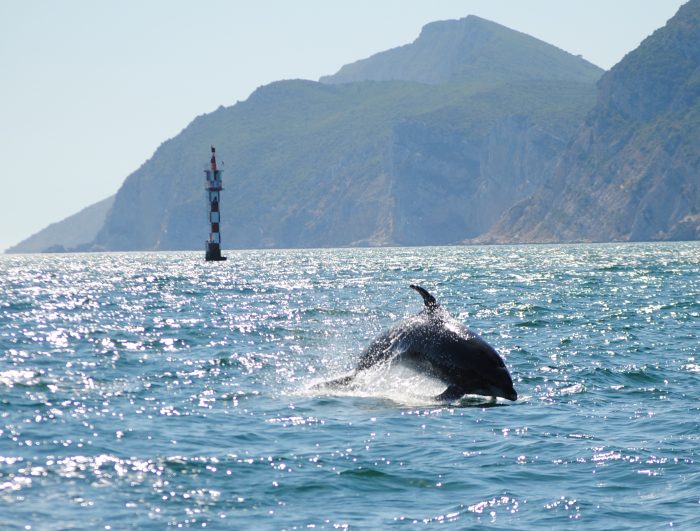
©Setúbal Peninsula Wine Route
Since when the Association was born, what goals has it achieved and which ones to achieve?
The Península de Setúbal Wine Route Association was created at 2003 and it pretends:
- Create value to the territory.
- Promote tourism, in the aspects of wine tourism and gastronomy.
- Increase the wine sales, through wine taste and promotion of the several experiences that are organized all over the year.
- Create new business opportunities for the wine cellars with wine tourism.
- Spreading the culture of wine and vineyards.
The Setúbal Peninsula Wine Route has the function of organizing the wine tourism offer and building partenerships, assuming that quality of the wines and the wine culture as a differentiating factor of attraction of tourists and visitors to the region of Península de Setúbal.
This regional Association, coinciding with the Setúbal District, has its headquarters in Palmela, at the Wine Route House.
The members of Setúbal Peninsula Wine Route Association are the wine producers, restaurants, accommodation and active tourism companies.
Nowadays Setúbal Peninsula Wine Route has 44 members:
- 23 producers
- 7 accommodation
- 6 restaurants
- 3 active tourism companies
- Municipality of Montijo
- Municipality of Palmela
- Municipality of Setúbal
- Regional Wine-growing Commission of the Península de Setúbal
- Regional Tourism Board of the Lisbon Region
All of this project has its headquarters at the Wine Route House (Casa Mãe da Rota de Vinhos). Located at the heart of the village of Palmela, this old wine cellar is aged from the 1940s, which was reconverted into a tourism and wine tourism information point. It is also a wine shop that sells the wine from the wine cellars which are members of the Association.
Besides wines, it is also a store of regional products, such as Moscatel Pastries or Fogaças of Palmela, jams and chutneys, Azeitão cheese, as well as olive oil, honey, dried fruits, ice-creams with regional flavours or artisan chocolates.
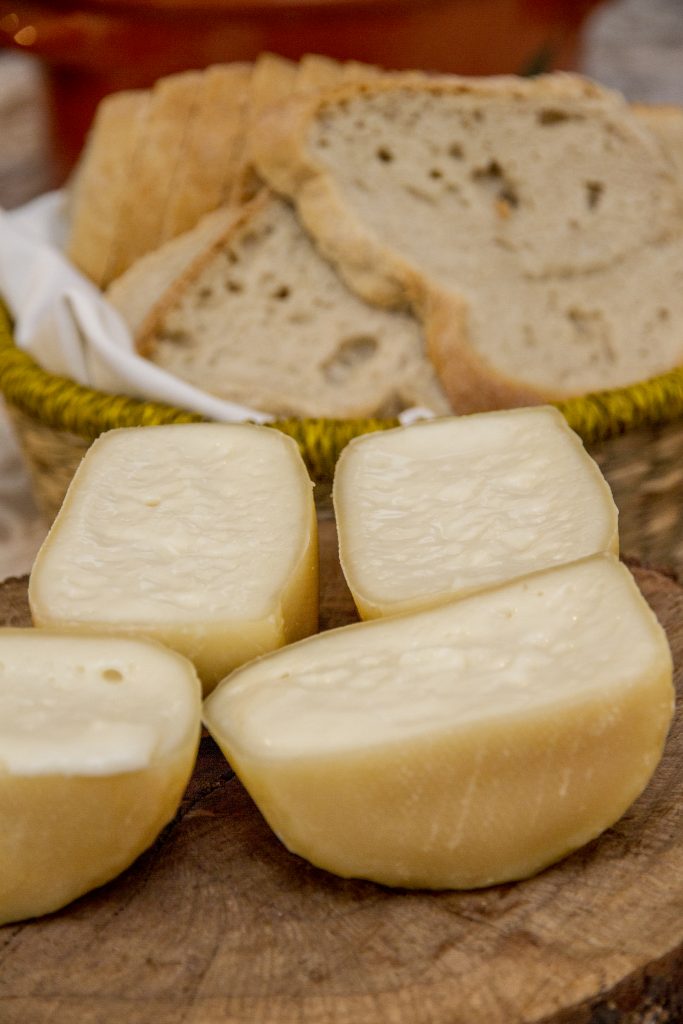
©Setúbal Peninsula Wine Route
1st – CORPORATE
- Development of contacts with potential new members.
- Educational visits organized to tourism technicians.
- Cooperation agreements: Turismo de Portugal, Tourism Schools.
2nd – STRUCTURING WINE TOURISM OFFER
- Implementation of the first pedestrian trail at the vineyards in Península de Setúbal.
- Project “Distinction of Qualified Restaurants at the Wine Service“.
- Benchmarking actions with visits to other wine regions.
3rd – PROMOTION
- Social and ambiental responsibility projects.
- Strengthening contacts with tour operators.
- Participation in fairs and markets.
- Improvement of digital platforms.
- Agreements with accommodation and restaurants as points of diffusion of wine tourism information.
- Wine in Moderation, articulated with Portuguese Association of Wine Routes.
4th – WINE TOURISM OBSERVATORY
Monitoring the number of visitors and participants in the wine tourism activities, through questionnaires.
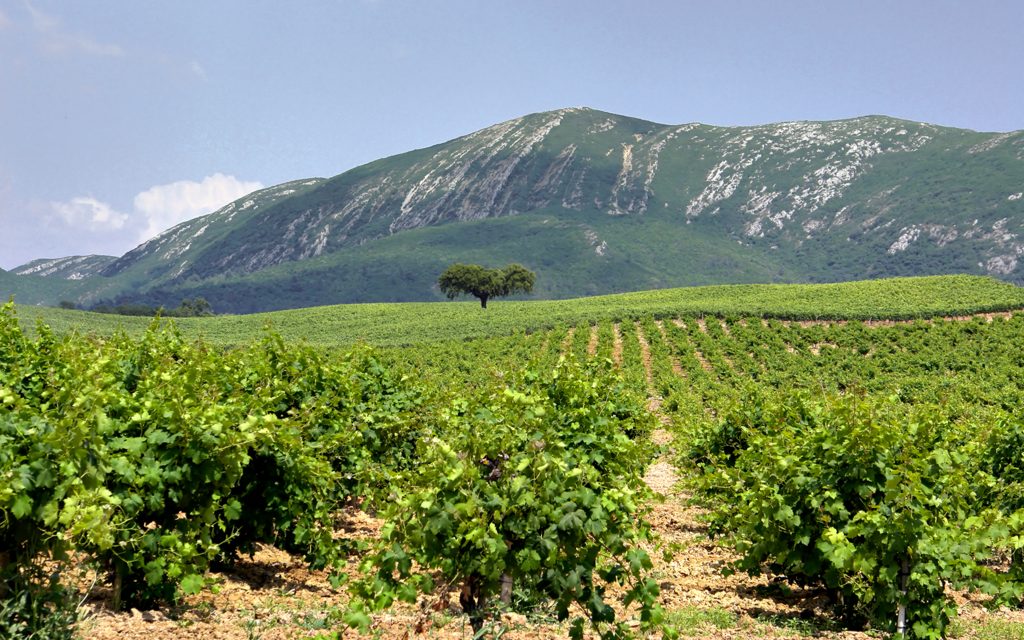
©Setúbal Peninsula Wine Route
Through which services/activities do you promote the dissemination of the Setúbal Peninsula Wine Route?
The Setúbal Peninsula Wine Route assumes a leading role in terms of wine tourism, where in the last 20 years have been invested to stimulate the producers to restructure vineyards and wine cellars.
Aiming to promote wine tourism and to value regional wines, the Setúbal Peninsula Wine Route intends to promote wine tourism experiences, by developing activities related to wine and vineyards as well as visiting guided tours to the wine cellars of the region.
WINE TOURISM TOURS
Get to know the region through guided tours that include wineries, cheese dairies, museums, handcrafts, castles and palaces.
There are six tour proposals in the region which are available all year round. They can be tailored to suit every visitor’s tastes.
Tour I – Through the Lands of Santiago
Tour II – Through the Lands of Arrábida
Tour III – Through the Lands of the Sado River
Tour IV – Through the Lands of Settlers, Railway Workers and Old Devotions
Tour V – Through the Lands of the Dolphins Bay
Tour VI – Through Green Lands: Walking Route “Vineyards Garden”
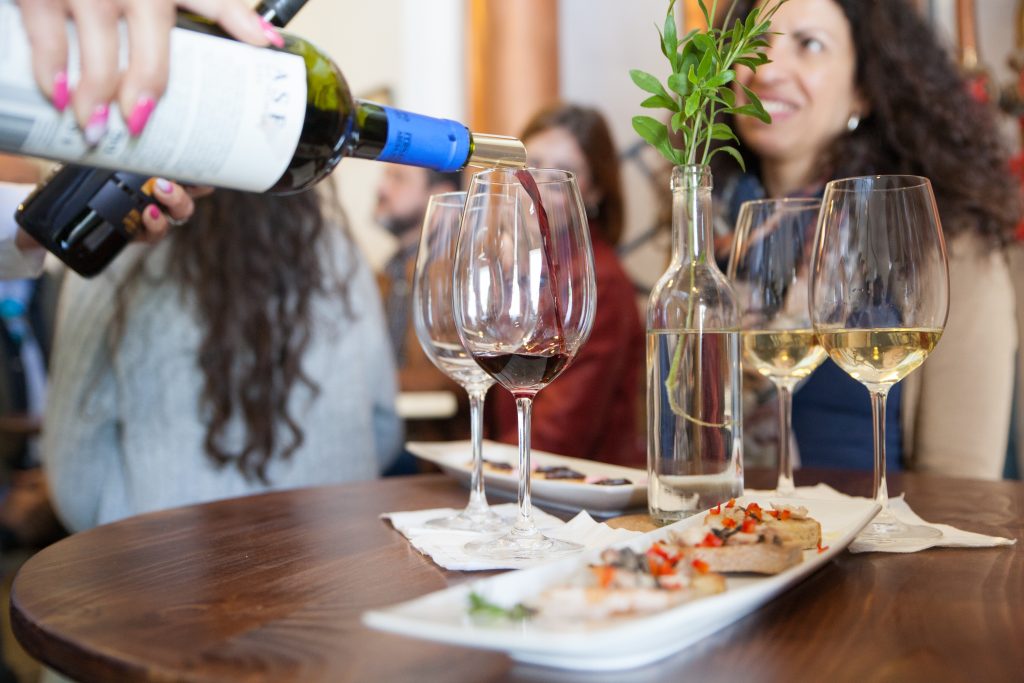
©Setúbal Peninsula Wine Route
VINEYARDS GARDENS TRAIL
It is in these vineyards gardens that the first pedestrian and cycling trail, of a wine tourism nature, was born in the Setúbal Península. Along 11.5 km, between the vineyard and the cork oak forest, this trail offers a visit to discover the remarkable landscape of Fernando Pó and guided visits to wine cellars.
PÓ VINEYARDS TOUR
One day at the wine-producing village of Fernando Pó, including a train trip from Lisbon.
CHATTING WITH THE OENOLOGIST (March and December)
Wine tasting event by the hand of the producer.
MUSIC AND DANCE (April and July)
Shows of the Syrah Cycle in wine cellars performed by a local dance company Danç’ Arte.
Sunsets at the Roman Ruins of Tróia: Concerts with invited wineries in an atmosphere that will take you on a journey to the past, at the largest fish-salting centre of the Roman Empire.
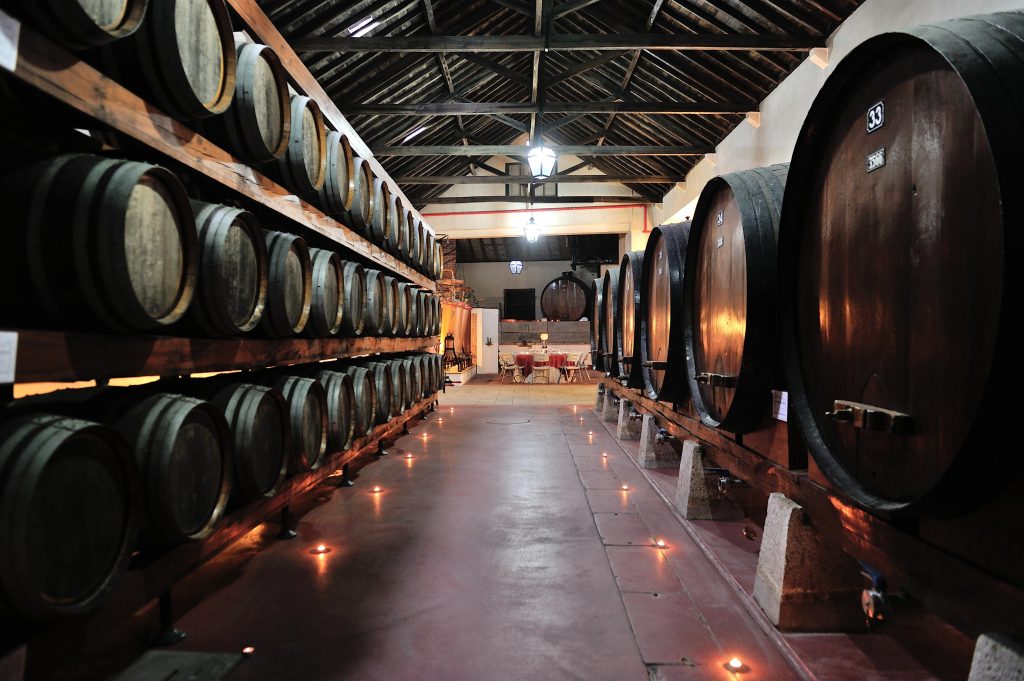
©Setúbal Peninsula Wine Route
WINE TASTINGS AND COURSES (April and October)
Enjoying a wine using all your senses. The vocabulary of tastings, aromas and pairings.
- The Chocolate and the wine
- Setúbal vs Roxo: True Gems!
- Special Young Wine Opening
- Initiation Course to Wine Tasting
ACTIVITIES WITH MEMORY (May and June)
Traditions are the motto for these activities.
Caramela Soup at the Winery
Dia da Espiga (Ear Wheat Day)
Saint Anthony Picnic
VINEYARD EXPERIENCES (May, June and July)
There are several proposals to spend a wonderful day amongst the vineyards!
Portuguese Stew for Mother
Horseback Riding Experience with a Vineyard Picnic
Grilled Sardines at the Vineyard
WINE TOURISM CRUISES (June to August)
Boat tours at the Sado Estuary, including wine tastings by the producer and regional products tasting. Each boat tour is dedicated to one winery only.
OPEN DOOR WINERIES (September and October)
Wine cellars are open to receive visitors. Take a day to know them. A highlight will be the World Tourism Day, celebrated on 27 September, with special activities.
SPECIAL HARVEST AT THE SETÚBAL PENINSULA
The Harvest months entail several traditional activities.
- Grape Harvest Day with the Oenologist
- Treading at the Winery
- Special Train to the Harvest in Fernando Pó
- Snacking at the Vineyards
- Meal Given to the Workers after the Harvest at the Winery
WINE SOUNDS CONCERTS (October and November)
The wineries host concerts, animated by wine and regional products tastings.
WORLDWIDE WINE TOURISM DAY
Celebrated on the second Sunday of November, this date encourages the organization of several activities taking place in the wineries.
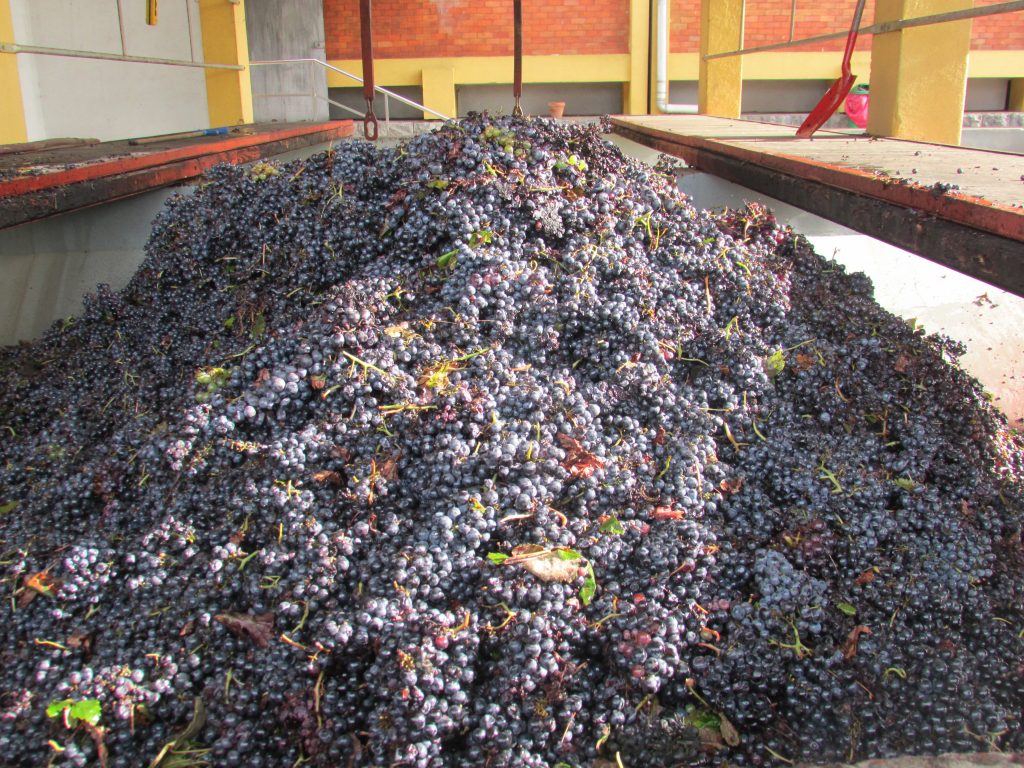
©Setúbal Peninsula Wine Route
Can you briefly describe the Route and the territories of cultural and wine tourism interest it crosses?
Península de Setúbal wine region has a total area of 9.500ha of vineyards and the viticulture is the sum of many parcels distributed through 13 municipalities that make up the Setúbal District, with the highest incidence in Palmela, Montijo, Setúbal, Grândola and Alcácer do Sal.
The Setúbal Peninsula Wine Route has 6 suggestion routes at these last municipalities. All routes include visits to the wine cellars, but also handcraft centers, cheese factories, castles and palaces, and it is possible to participate in activities such as dolphin watching, golf clinics, bikes or pedestrian walks.
This region is located between the River Sado, the Natural Park of Arrábida and the Natural Reserve of the Sado Estuary and from where comes some of the best portuguese wines, whose quality is based on a rich biodiversity. No other region of Portugal has so many geographical differences, with the existence of plains, hills and slopes, besides the proximity to the Atlantic Ocean.
What are the peculiarities of the territory and its wines?
Located approximately 40 km from Lisbon, this wine-growing Region of the Setúbal Peninsula integrates the territory of the Designations of Origin (D.O.) “Palmela” and “Setúbal” and the Geographical Indication (G.I.) “Península de Setúbal”.
Amongst Palmela D.O. Red wines prevail over the Castelão grape variety which brings out the best of itself in Palmela’s sandy soils, delivering them complexity and depth. The dominant white varieties are Arinto, Fernão Pires and also Muscat of Alexandria.
The region is part of the demarcated wine region of Moscatel de Setúbal, a fortified wine which is considered a symbol of this region. The D.O. Setúbal is known only for the wines Moscatel de Setúbal and Moscatel Roxo de Setúbal, true icons of the region and amongst the most prestigious Portuguese fortified wines.
The winemaking culture has always been part of the life and history of inhabitants. In the Palmela’s foral (royal document which created Palmela’s municipality), granted by the first king of Portugal, Afonso I, are already mentioned vineyards and wine.
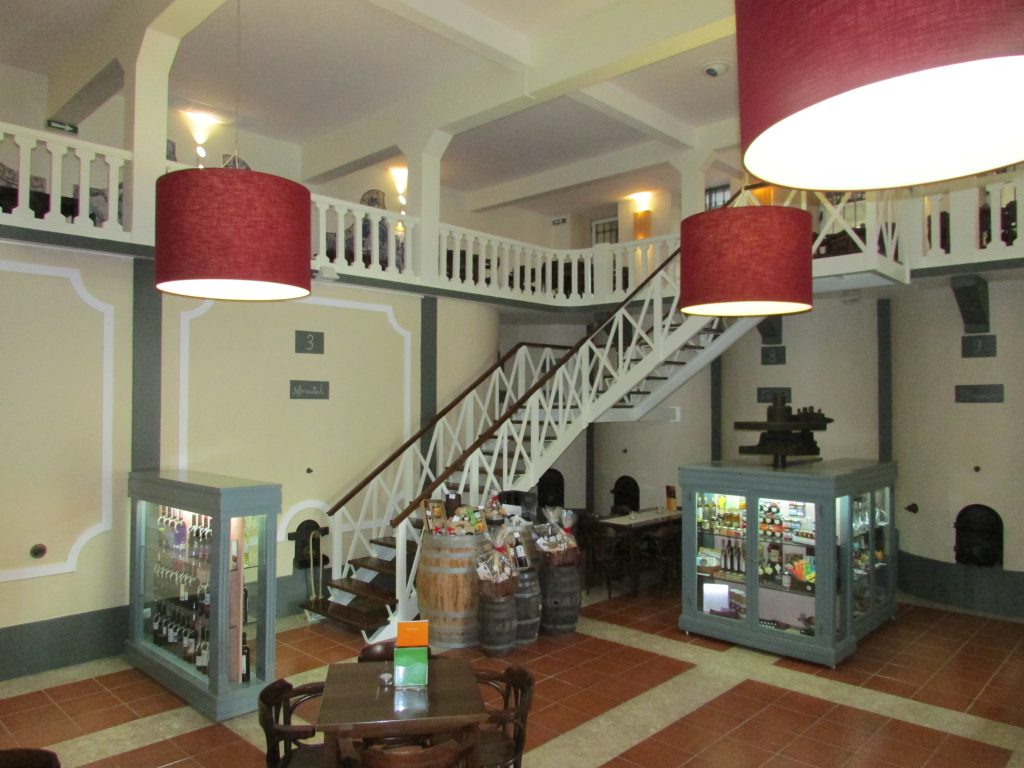
©Setúbal Peninsula Wine Route
80% of the vineyards of the Setúbal Peninsula are located in Palmela, which produces 58% of the region’s wine, being winemaking its main economic activity and also the most dynamic in its rural economy.
Key features:
- Geographic localization
- Located 40 km south of Lisbon.
- Excellents accesses.
- Península de Setúbal wine tradition.
- Moscatel de Setúbal as ex-libris.
- Certificated Region.
- Prizes got in national and international contests.
- Great tourist potential of the region.
- Framed by the rivers Tagus and Sado, covering parts of the Arrábida Natural Park and the Sado Estuary Natural Reserve.
- Contrast between the mountain range.
- The plenitude of a living and dynamic rural landscape.
This region is thus related to history, traditional quality products and breath-taking sceneries, where the wine culture gives meaning to this territory’s development.
Extensive in territory and with Mediterranean climate – hot and dry weather in the summer and relatively cold and rainy in the winter, the Setúbal Península is a region that allows to obtain charismatic wines, with strong personality and unique character traits, with a singular relation between quality and price.
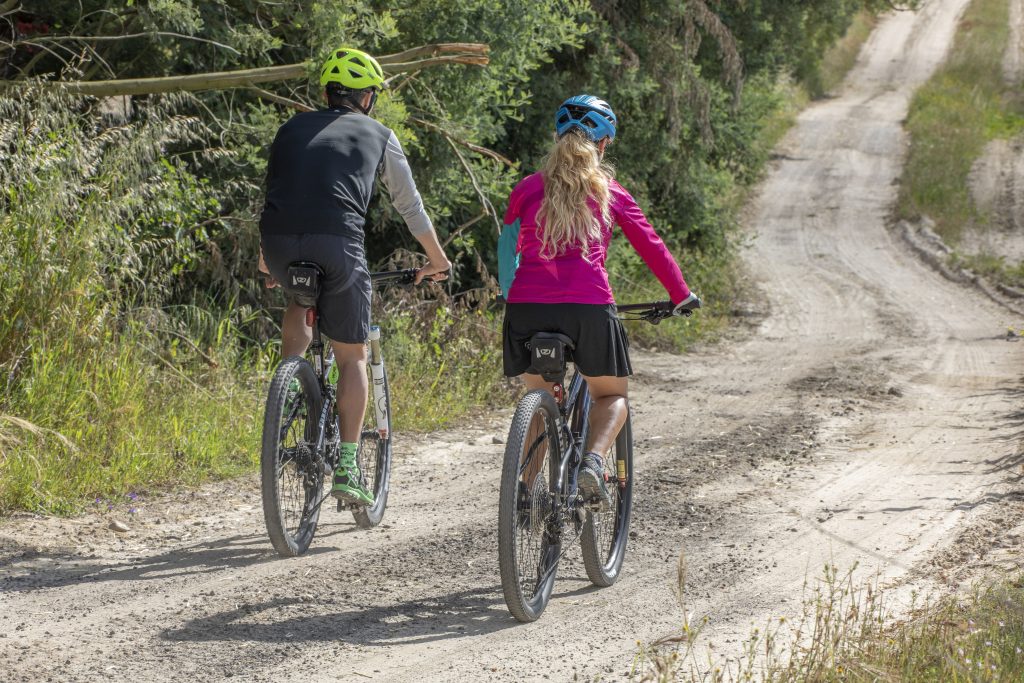
©Setúbal Peninsula Wine Route
Why choose the Setúbal Peninsula Wine Route?
Besides the presence of vineyards on this flat land composed by sand soils, as well as the influence from the Atlantic Ocean and the Arrábida Mountain, it results in a wine production of nationally and internationally recognized wines.
Besides the many different experiences that are possible to do, this region has a plenty of cultural and social activities, such as the markets and events, that celebrates wine and the wine-producing tradition of the region.
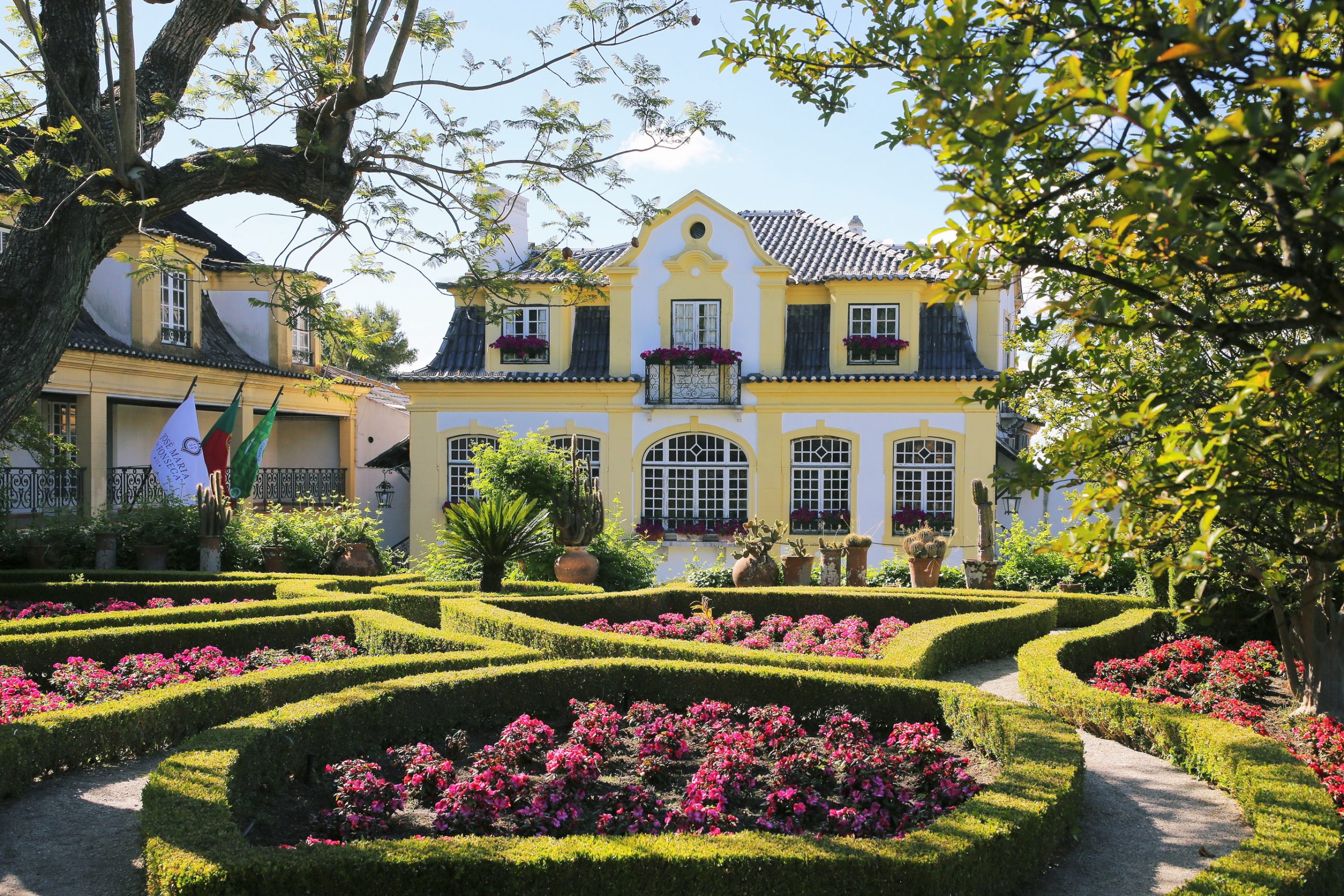
©Setúbal Peninsula Wine Route
The wine and gastronomy are an important factor to attract visitors. This region is an intersection of influences from several cultures and regions, as demonstrated by typical dishes such as the “Caramela Soup”, “Broad Beans Palmela Style” or “Rabbit with Red Beans”.
Palmela is well-known for the quality of the locally produced fruit. Namely the delicious Riscadinha Apple which has a Protected Designation of Origin (P.D.O.). But several other quality products should also be mentioned, namely the Azeitão Cheese (P.D.O.), sheep’s butter and traditional sweets such as the Fogaça of Palmela or the Santiago pastries.


